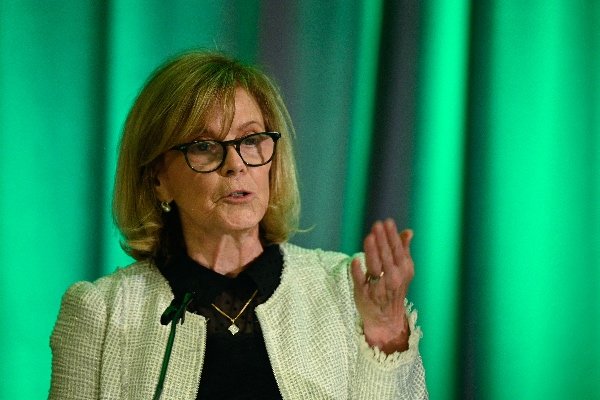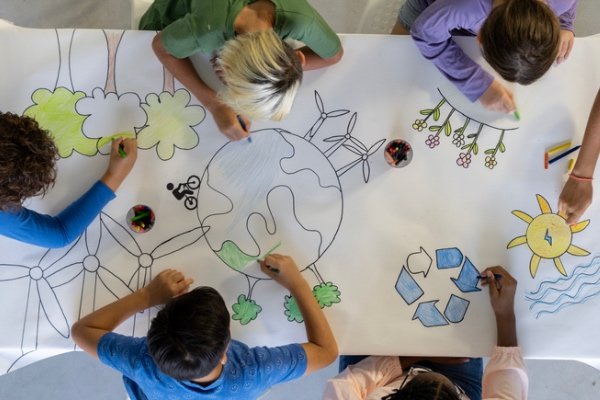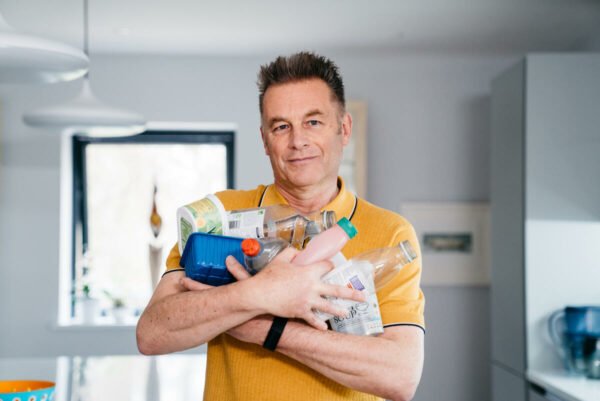The power to effect change
As well as bagging tonnes of rubbish, cleanups empower individuals to get involved and bring about real change beyond their own front door.
Discussions about climate change and the need to protect the environment can leave us all exhausted, overwhelmed, anxious and confused, but we’ve found that taking part in a cleanup can really help.
Cleanups have the power to engage people from all demographics, across the political divide.
Anyone can look at a beach, river, lake or park that is covered in plastic and decide to take action.
Seeing a carpet of plastic bottles, torn styrofoam and discarded food packaging triggers us all. The GGC shows people they have the power to change this ugly landscape for the better.
Taking part in a cleanup can also strengthen our ‘green muscle memory’ and lead to further action and advocacy. We call it the ‘GGC action switch’ as it seems to inspire a need to stand up for the planet!
If you’re ready to get involved, our Global Cleanup Map already hosts 5,000 public cleanup events worldwide, meaning finding a cleanup near you is as simple as logging on to EARTHDAY.ORG and looking at our map. If you can’t find a local cleanup, why not host one yourself?
The history of plastic pollution
It would be remiss to denounce plastic pollution without acknowledging how we ended up here.
Back in the 1950s, when plastic first became available, nobody could predict where it would lead – but last year alone, globally we produced 400 million US tons of it.
Less than 9% of all the plastic ever produced has been recycled because the plastic-producing industry has no interest in recycling it; it is cheaper for industry to keep creating new, virgin plastics.
If we continue on the present trajectory, by 2060 the plastic industrial complex will triple production to 1,200 million tons of plastic a year.
They won’t take responsibility for the plastic crisis they are creating until we force them to – which is why taking part in a Brand Trash Audit is so important.
We have been force-fed plastics and we must break this cycle of addiction – for the good of our own health, if not the planet’s.
Most of us forget that plastic is not inert; it breaks down into micro and nano plastics that we all inhale and ingest every day – through the water we drink, the synthetic fast-fashion clothes we wear and the plastic-wrapped food we eat. Even the dust in our own homes is contaminated with them.
These tiny fragments of plastic – and plastic chemicals like BPA and phthalates that leach out of them – have been found in the human bloodstream, our urine, the arteries of our heart, our lungs and our brains. They have even been found in the human placenta.
The health consequences of all this involuntary plastic consumption cost the US alone an estimated $250 billion annually as it treats the array of plastic-related health illnesses out there.
Not content with wrecking our health and our environment, plastic is also playing a part in wrecking the climate.
In fact, the production of plastic accounts for 4% of all greenhouse gases – and that’s set to hit 12% by 2060.
The fossil fuel industry is desperate to see plastic production and usage rise because it needs to keep selling oil as we move away from oil to power our cars – perhaps why Exxon is one of the world’s biggest producers of single-use plastic. The fossil fuel and plastic industries are one and the same.
Be the change
Ultimately, we can all play a role in physically cleaning up plastic trash but we can and should also advocate for an end to the production, proliferation and pollution of plastic.
A simple phone call to your MP can make a huge difference, and this type of action has been the driving force for change since the beginning of the environmental movement.
When the first Earth Day occurred in 1970, it inspired millions of people to make a stand. Those people demanded a better future for themselves and their planet, and kickstarted a monumental change that shifted environmental governance for ever.
It created the modern environmental movement as we know it today.
So don’t let their work be in vain and don’t be downhearted. Get involved and take action; join a GGC event, do a Trash Brand Audit and write letters to your elected officials demanding action to curb the plastic industry.
Sign our Global Plastic Treaty, reject buying fast fashion, tell your local supermarkets to curb their obsession with wrapping and packaging our food in plastic, stop using single-use plastic bags, bottles and utensils.
Be conscious of how much plastic you’re using and throwing away every single day, and be the change you want to see.
We can end plastic pollution – but we will only do it together.
 Play Video about This Rock Might Just Save The World
Play Video about This Rock Might Just Save The World Play Video about Play 2 hours of rock
Play Video about Play 2 hours of rock Play Video about Play 2 hours of brook
Play Video about Play 2 hours of brook Play Video about Play 2 hours of sheep
Play Video about Play 2 hours of sheep















































